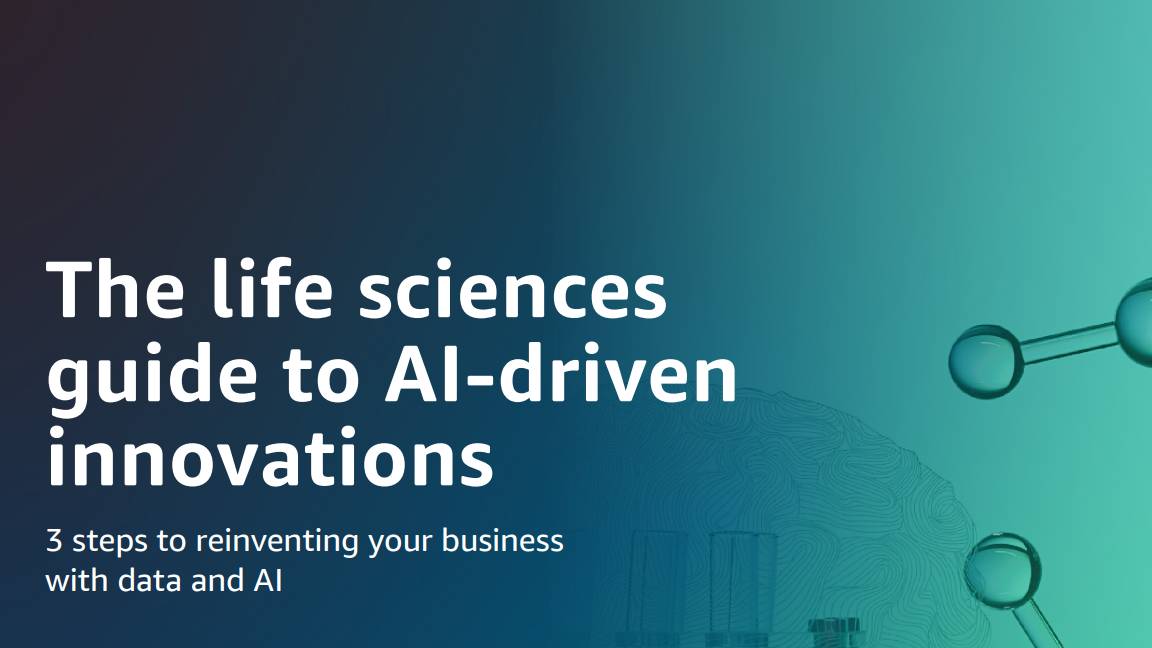Third-party AI tools are muddying sustainability metrics
The climate impact of AI tools has become an increasingly important conversation at firms


Nearly three-quarters (74%) of executives find measuring generative AI sustainability a challenge due to limited transparency from AI providers, according to research from Capgemini.
A lack of transparency in disclosure and reporting on generative AI’s environmental impact has become a major obstacle to businesses measuring and reporting on sustainability, the report found.
This was the most cited reason execs gave for not measuring the environmental impact of the technology, with other reasons being a lack of awareness in leadership teams (68%) and too great a level of complexity in measuring (64%).
With over three-quarters (78%) utilizing pre-trained generative AI models - and just 4% using internal, proprietary models - businesses are heavily reliant on third-party AI tools and, by extension, the associated climate metrics.
“You should be able to ask Copilot or ChatGPT what the carbon footprint of your last query is but none of the tools will give you a response to that question at the moment,” Niklas Sundberg, CDO at Kuehne+Nagel, said in the report.
Cyril Garcia, Capgemini’s head of global sustainability services and corporate responsibility, suggested these results point to a need for greater collaboration on sustainability.
“If we want generative AI to be a force for sustainable business value, there needs to be a market discussion around data collaboration, drawing up industry-wide standards around how we account for the environmental footprint of AI,” Garcia said.
Sign up today and you will receive a free copy of our Future Focus 2025 report - the leading guidance on AI, cybersecurity and other IT challenges as per 700+ senior executives
Almost a third (31%) of those surveyed said they’d taken steps to build sustainability into generative AI lifecycles, while over half are either using smaller models or power infrastructure with renewables - or plan to over the next 12 months.
AI sustainability is a hot topic
As generative AI continues to ramp up power consumption in data centers across the world, several firms are turning their attention towards sustainability in AI development.
RELATED WHITEPAPER

AWS, for example, unveiled new sustainable data center components at the end of 2024, with the firm’s sustainability lead Margaret O’Toole telling ITPro how this forms part of a wider mission at the firm.
Research from SambaNova recently found that 70% of business leaders said they were aware of the significant energy burden created by using AI tools.
Like the Capgemini report, though, another disconnect was revealed - only 13% are monitoring the power consumption of their AI systems, despite 60% acknowledging that energy efficiency will play an important role in future strategic planning.

George Fitzmaurice is a former Staff Writer at ITPro and ChannelPro, with a particular interest in AI regulation, data legislation, and market development. After graduating from the University of Oxford with a degree in English Language and Literature, he undertook an internship at the New Statesman before starting at ITPro. Outside of the office, George is both an aspiring musician and an avid reader.
-
 Morgan Stanley research warns AI is having a huge impact on jobs
Morgan Stanley research warns AI is having a huge impact on jobsNews Analysis of five sectors highlights an "early warning sign" of AI’s impact on jobs
-
 AI is “forcing a fundamental shift” in data privacy and governance
AI is “forcing a fundamental shift” in data privacy and governanceNews Organizations are working to define and establish the governance structures they need to manage AI responsibly at scale – and budgets are going up
-
 Half of agentic AI projects are still stuck at the pilot stage – but that’s not stopping enterprises from ramping up investment
Half of agentic AI projects are still stuck at the pilot stage – but that’s not stopping enterprises from ramping up investmentNews Organizations are stymied by issues with security, privacy, and compliance, as well as the technical challenges of managing agents at scale
-
 What Anthropic's constitution changes mean for the future of Claude
What Anthropic's constitution changes mean for the future of ClaudeNews The developer debates AI consciousness while trying to make Claude chatbot behave better
-
 Satya Nadella says a 'telltale sign' of an AI bubble is if it only benefits tech companies – but the technology is now having a huge impact in a range of industries
Satya Nadella says a 'telltale sign' of an AI bubble is if it only benefits tech companies – but the technology is now having a huge impact in a range of industriesNews Microsoft CEO Satya Nadella appears confident that the AI market isn’t in the midst of a bubble, but warned widespread adoption outside of the technology industry will be key to calming concerns.
-
 Workers are wasting half a day each week fixing AI ‘workslop’
Workers are wasting half a day each week fixing AI ‘workslop’News Better staff training and understanding of the technology is needed to cut down on AI workslop
-
 Retailers are turning to AI to streamline supply chains and customer experience – and open source options are proving highly popular
Retailers are turning to AI to streamline supply chains and customer experience – and open source options are proving highly popularNews Companies are moving AI projects from pilot to production across the board, with a focus on open-source models and software, as well as agentic and physical AI
-
 Microsoft CEO Satya Nadella wants an end to the term ‘AI slop’ and says 2026 will be a ‘pivotal year’ for the technology – but enterprises still need to iron out key lingering issues
Microsoft CEO Satya Nadella wants an end to the term ‘AI slop’ and says 2026 will be a ‘pivotal year’ for the technology – but enterprises still need to iron out key lingering issuesNews Microsoft CEO Satya Nadella might want the term "AI slop" shelved in 2026, but businesses will still be dealing with increasing output problems and poor returns.
-
 OpenAI says prompt injection attacks are a serious threat for AI browsers – and it’s a problem that’s ‘unlikely to ever be fully solved'
OpenAI says prompt injection attacks are a serious threat for AI browsers – and it’s a problem that’s ‘unlikely to ever be fully solved'News OpenAI details efforts to protect ChatGPT Atlas against prompt injection attacks
-
 Google DeepMind CEO Demis Hassabis thinks startups are in the midst of an 'AI bubble'
Google DeepMind CEO Demis Hassabis thinks startups are in the midst of an 'AI bubble'News AI startups raising huge rounds fresh out the traps are a cause for concern, according to Hassabis